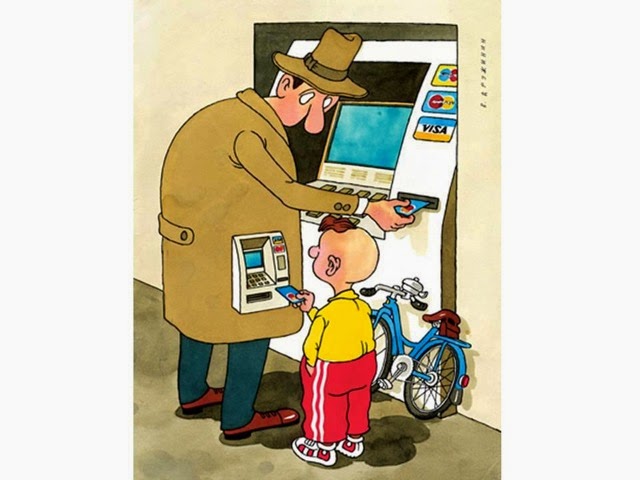 |
embarrassed or pregnant??!
¿cometes este error en inglés? |
¿Has tenido problemas con los False Friends ENGLISH SPANISH? ¿Cometes esos errores del vocabulario en inglés tan frecuentes y tan (a veces) graciosos con las palabras que parecen guardar parentesco con el español, pero que en realidad tienen un significado muy distinto?
Hoy vamos a examinar algunos de estas palabras tramposas ya que no identificar un false friend suele dar lugar a ¡¡una gran confusión!!
Pongamos un ejemplo: Pablo lleva un par de días en Glasgow visitando a unos amigos, pero como hace un tiempo de perros el domingo por la mañana se despierta con un catarrazo de espanto. Abre su Whatsapp y escribe el siguiente mensaje a Sarah, su amiga escocesa:
‘Hey Sarah, could you bring me some medicine? I’m very constipated so I will be in my hotel room all day’
En la mente de Pablo, esto se traduce en ‘Podrías traerme algo de medicina? Estoy muy constipado así que me quedaré en el hotel todo el día’. ¿Pero es así en inglés? Veremos…
Al cabo de un rato, Sarah llega al hotel y deja una caja de laxantes en la mesilla, mientras que Pablo, que esperaba algo de ibuprofeno, se queda con cara de póquer y no sabe qué decir.
¿Qué ha pasado? ¡Muy fácil, Pablo no se había estudiado sus ‘false friends’!
– To be constipated = Estar estreñido/a
– Estar constipado = To have a cold
¡¡Yikes!!
Aquí una lista con algunos de los False Friends ENGLISH SPANISH más problemáticos y a la vez comunes:
I’m embarrased = Tengo vergüenza no es igual que…
Estoy embarazada = I’m pregnant
Carpet = Alfombra no es igual que…
Carpeta = Folder
Lentils = Lentejas no es igual que…
Lentillas = Lenses
To molest = Acosar sexualmente no es igual que…
Molestar = To bother
Casualty = Baja (muertes en guerras, accidentes…) no es igual que…
Casualidad = Coincidence
Preservatives = Conservantes no es igual que…
Preservativos = Condoms
Actually = Realmente no es igual que…
Actualmente = Nowadays
To assist = Ayudar no es igual que…
Asistir = To attend
Fabric = Tejido no es igual que…
Fábrica = Factory
Argument = Discusión no es igual que…
Argumento = Plot
Arena = Estadio no es igual que…
Arena (de playa) = Sand
Cocoa = Cacao no es igual que…
Coco = Coconut
Commodity = Mercancía o Materia prima no es igual que…
Comodidad = Comfort
College = Facultad universitaria no es igual que…
Colegio = School
Contest = Concurso no es igual que…
Contestación = Answer
Sensible = Sensato no es igual que…
Sensible = Sensitive
By heart = De memoria no es igual que..
De corazón = From my heart
Library = Biblioteca no es igual que…
Librería = Bookshop
¡Y hay muchísimos false friends más! Lo mejor que podemos hacer es aprender cada palabra con una frase que ilustra su significado. ¿Se te ocurre alguno más? ¡Compártelos con nosotros!
Si quieres aprender bien el vocabulario en inglés, ya sabes, los cursos de LinguaSuite. ¡Pruebalos gratis!
Más vocabulario en inglés en estos posts:
Sports verbs
Say or Tell?
Out or Ouside?











